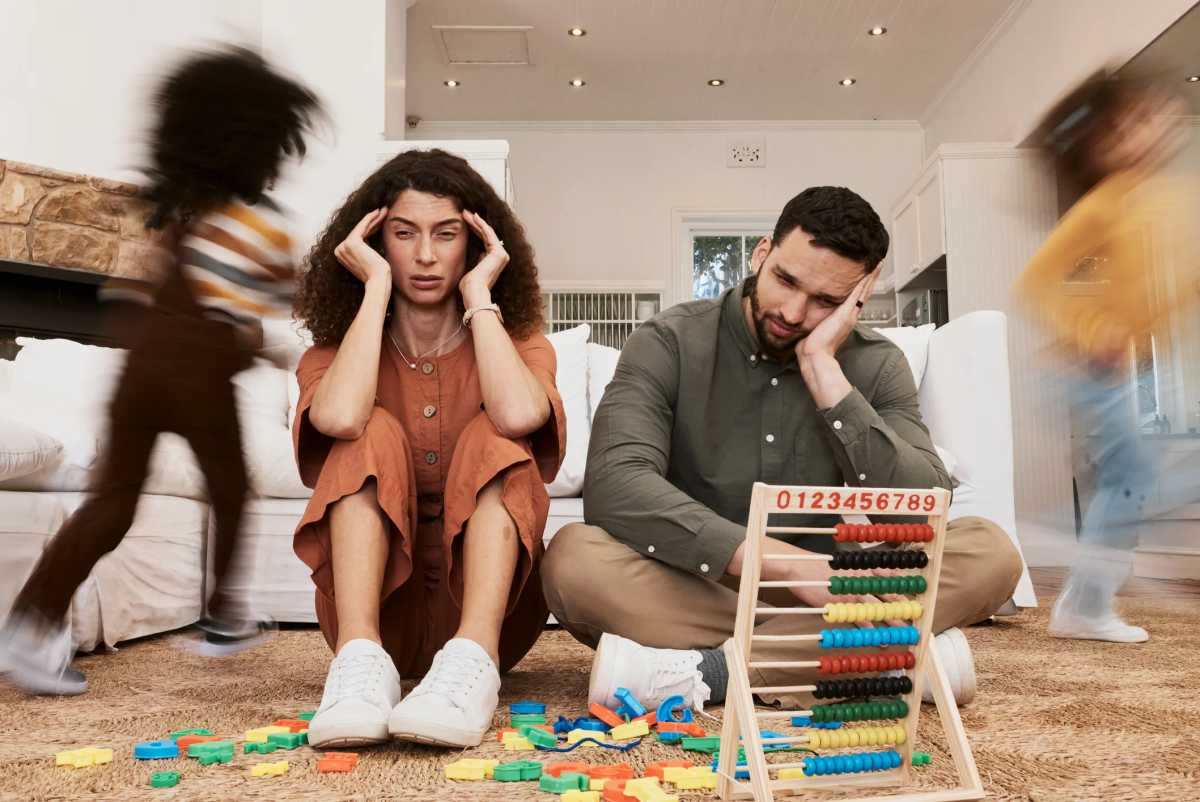Parenting an only child comes with plenty of perks. Just ask Hope Austin. She has plenty of time and energy to play with her 3-year-old daughter Grace, she isn’t drowning in childcare expenses, and she knows Grace will have more money for college.
But that doesn’t mean she doesn’t feel conflicted about raising an only child. “With the cost of childcare and the fact that I’m about to go back to school, I just don’t know if I can give her a sibling. But I wonder if I’m doing the right thing.
”Increasingly, researchers say that she is doing the right thing. Like Austin, many of today’s parents are opting for just one child, and new research is challenging long-held assumptions that siblings are a must for a happy childhood. In fact, some researchers and authors are making a convincing case that only children may have an edge over kids with siblings in some areas – academics, for example.
In her 2011 book The Case for the Only Child, social psychologist and author Susan Newman, Ph.D., writes that many women are having children later in life and more and more families are concerned about the cost of raising children. With these demographic and economic trends dovetailing with research showing that only children aren’t disadvantaged at all, it’s not hard to understand why single-child families are growing at a faster rate than families with more than one child, she says.
Downsizing the Family
The iconic image of two parents surrounded by two or three rosy-cheeked children is dated – and quickly disappearing, says Newman. Until 1967, more than two-thirds of Americans preferred a family of three or more children, but in a 2007 Gallup poll, half of Americans said the ideal family contains one, two or no children.
According to government reports, America’s birth rate declined from its 1957 peak of 3.7 children per woman to 1.9 children per woman in 1980. Today, the number of children per family hovers at 1.88, and more than 20 percent of women have only one child.
A Singular Advantage?
A century after iconic psychologist G. Stanley Hall famously proclaimed that being an only child is “a disease in itself,” researchers are discovering the opposite effect: hundreds of studies show that only children are socially capable and academically adept.
One researcher making a strong case for only children is Douglas Downey of Ohio State University. His recent study of 13,500 kids found that any difference in social competence between only children and those with siblings disappears by adolescence: by grade seven, only children were just as popular as their peers with siblings.
In another study, Downey found that only children have an academic edge over their peers with siblings. He collected data from 24,599 eighth-graders and found having more siblings lowers academic success. As family size increases, each child receives less parental attention and fewer educational resources.
And adult only children fare just fine, according to California State University assistant professor at Heidi Riggio. She found that adult singletons make friends just as easily and display similar social traits as adults who grew up with siblings. According to Jeffrey Kluger, TIME magazine contributor and author of The Sibling Effect: What the Bonds Among Brothers and Sisters Reveal About Us, only children have some key advantages over children with siblings. “Only children tend to wind up with better vocabulary and a more sophisticated sense of humor, simply because they grow up in a house outnumbered by parents,” he says.
Skill-Building for Singletons
Though only children enjoy some advantages, Downey’s research shows that young only children lag slightly in some areas of social development, though the gap disappears later on in life. Only children have fewer opportunities to key social skills like negotiation and sharing, simply because they aren’t living with other children.
According to Seattle area child and adolescent therapist Dr. Kyle Good, Ph.D., M.Ed., conflict is the key to social learning for only children. “Parents often shy away from conflict and want to avoid it,” says Good. “But conflict can be a valuable teaching tool.” But parents can create learning opportunities by allowing only children to observe parents resolving minor conflicts.
Singletons can gain some of the skills children learn from having siblings – including negotiation and joint problem- solving – by developing close relationships with friends and cousins. Childcare can also serve to boost socialization; “Only children can get a great deal of socialization through daycare, because they’ll be interacting closely with the same children for many hours a day,” says Kluger.
Regardless of family size, family play is highly beneficial, says Good. The parent-guided interactions that take place during family play help children develop behavioral regulation and emotional understanding.
One and Only
When deciding how many children to have, today’s parents have a lot to ponder, says Newman. “No one can decide what the right family size is for you except you and your partner,” she says. “The biggest influence on how your kids turn out is your parenting, not how many kids you have.
”It’s a message Austin appreciates. She grew up with two brothers, and remembers feeling left out and excluded at times. Though she never wanted to be an only child, she can see herself raising one. Grace is happy and growing up well, she says: “That’s what matters.”
Malia Jacobson is a nationally published health and parenting journalist and momof three. Her latest book is Sleep Tight, Every Night: Helping Toddlers and Preschoolers Sleep Well Without Tears, Tricks, or Tirades.
Raising Successful Singletons
Kyle Good, Ph.D., M.ed. shares some tips on raising only children.
Encourage healthy conflict resolution: Don’t shy away from family conflicts. instead, use them as a springboard for lessons in negotiation, emotional understanding and self- control. Only children can benefit from observing parents as they resolve minor conflicts.
Promote extended-family relationships: Only children can gain a deeper sense of identity and gain valuable social skills through interactions with extended family members of all ages.
Play as a family: Parent-guided interactions that occur during family play allows only children to develop empathy, social understanding and behavioral regulation.















